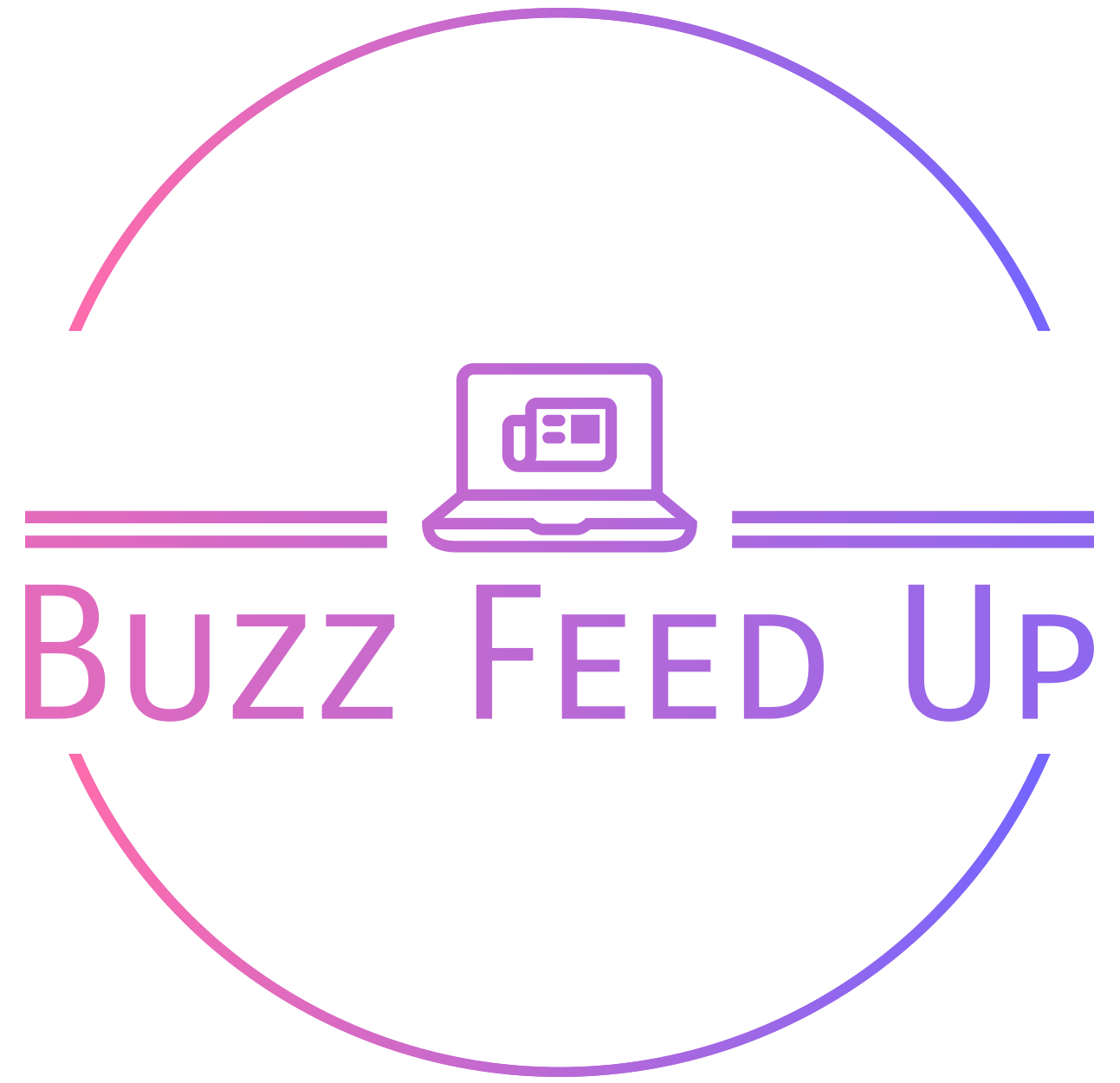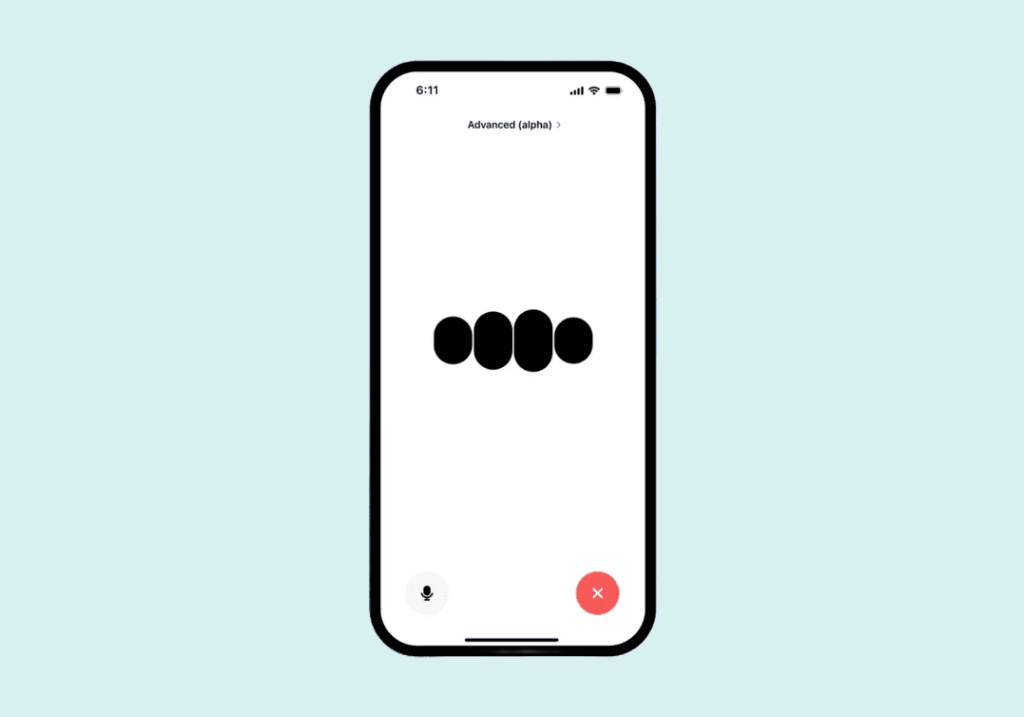Introduction to the New Voice Feature
OpenAI, the renowned artificial intelligence research organization, has officially re-released its advanced voice feature to a select number of ChatGPT Plus users. This cutting-edge feature, powered by OpenAI’s latest AI model, GPT-4o, delivers hyper-realistic voice responses and promises to revolutionize conversational AI technology.
The Initial Controversy
The voice feature was initially introduced in May, but quickly encountered controversy. Actress Scarlett Johansson claimed that her voice had been used without permission to develop one of the pre-set voices named ‘Sky’. This led to the feature being pulled down and an essential overhaul.
New Pre-set Voices
OpenAI has now re-launched the feature with four new pre-set voices: Juniper, Breeze, Cove, and Ember. These voices have been developed using paid voice actors, ensuring ethical standards are maintained. The voice feature is designed to sense and respond to emotions, offering a more natural and intuitive conversational experience. Additionally, it allows users to interrupt the voice responses, facilitating more free-flowing, real-time interactions.
User Access and Roll-out Plan
The re-launch is available to a select number of ChatGPT Plus users who received notifications and detailed instructions via the ChatGPT application and follow-up emails. OpenAI plans to expand access gradually, aiming to provide this feature to all Plus users by the fall.
Safety and Ethical Considerations
OpenAI delayed the re-launch by a month to enhance the model’s ability to detect and refuse certain content. The company emphasized that the feature will not impersonate public figures or individual voices and will block outputs that deviate from the pre-set voices. This careful roll-out approach aims to monitor usage and ensure a safer, more enjoyable user experience.
Broader Developments in AI Voice Technology
In parallel developments, Microsoft has partnered with Truecaller to allow users to create AI versions of their voices for answering calls. This partnership illustrates the growing integration of AI in everyday tasks, enhancing convenience and efficiency.
Conclusion
As OpenAI cautiously reintroduces its advanced voice feature, it continues to navigate the balance between innovation and ethical considerations. This re-launch sets a precedent for future advancements in AI-driven communications, emphasizing safety and user experience.



